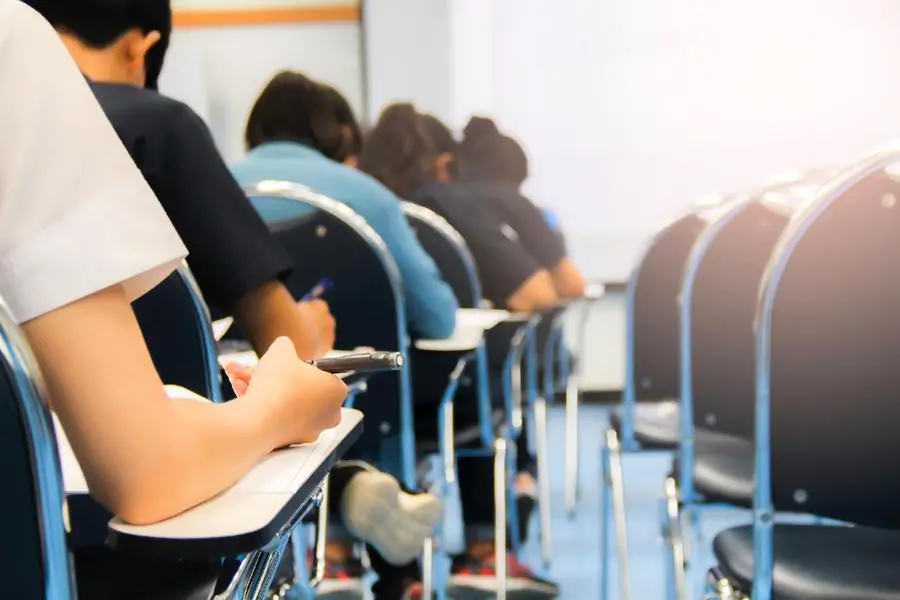PHOTO
Muscat – Held in Muscat on Monday, the seventh meeting of Gulf Cooperation Council (GCC) Ministers of Education focused on contemporary topics, including the role of artificial intelligence in education and the impact of the Fourth Industrial Revolution on learning paradigms. A pivotal discussion centred on including financial literacy in curricula for students in the region.
H E Dr Madiha bint Ahmed al Shaibaniya, Minister of Education and President of the current session, highlighted the steady progress and shared vision in the educational sector of the GCC countries. “Our educational systems have played a pioneering role in aligning with sustainable development goals,” she noted.
She emphasised that GCC nations are witnessing tangible outcomes in the school education sector, as international metrics affirm the region’s positive trajectory. “We remain dedicated to ensuring our youth are equipped with the knowledge and skills essential for global competitiveness,” H E Dr Madiha stated.
Discussing technological advances, she observed, “The swift evolution of information technology has facilitated human progress and socio-economic prosperity. But it’s imperative that our educational systems uphold the moral and religious values that bind our Gulf societies.” She also acknowledged UNESCO’s recent guidelines on technology in education, which align with the objectives of GCC states.
Financial literacy, H E Dr Madiha said, remains a priority, and emphasised on teaching financial skills, given the relevance of these in today’s world. She cited studies demonstrating the positive influence of such education on students’ everyday financial decisions.
Jassim Mohammed al Budaiwi, Secretary-General of GCC, commended the education ministries for their resilience during the COVID-19 pandemic, lauding their ability to ensure continued education amidst global challenges. “The emphasis of our leaders on joint action and the frequent reference to education in GCC summits reveal our collective belief in empowering our youth for a prosperous future,” Budaiwi stated.
The ministers also reviewed Oman’s proposal regarding the exchange of expertise among GCC nations, emphasising the importance of collaborative efforts in achieving the United Nations’ fourth Sustainable Development Goal: quality education.
The ministers underscored the significance of preserving moral, religious and familial values in Gulf societies. They advocated collaborative efforts across sectors to reinforce these principles, recognising the family as the foundational unit for societal progress and well-being.
© Apex Press and Publishing Provided by SyndiGate Media Inc. (Syndigate.info).





















